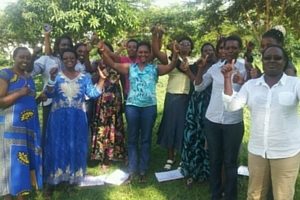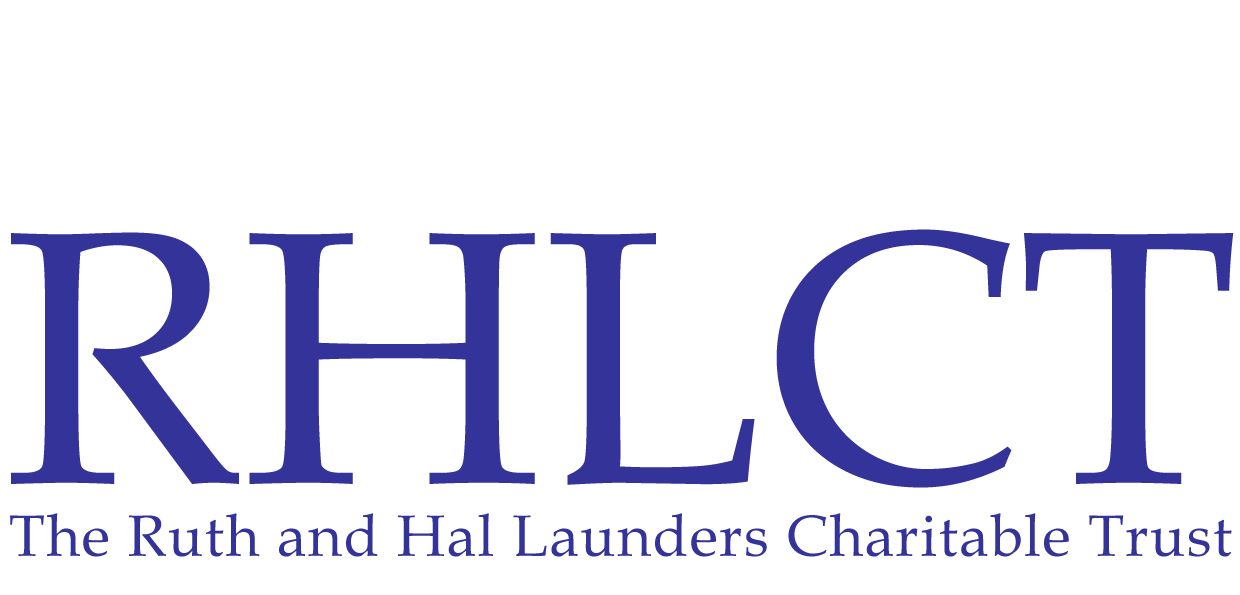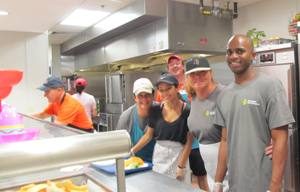Focusing on Deep and Sustainable Impact

Young women in Rwanda benefit from Komera.
Be Strong, Have Courage. This is the meaning of the word “Komera”, the name of a non-profit grant recipient of the Ruth and Hal Launders charitable trust. The founder of Komera, Margaret Butler, embodies these words through her tireless work with young women in Rwanda, but also in her bold and unique approach to impact. While most impact measurement is based on numbers, Komera focuses on the whole person, meaning that each girl accepted as a scholar receives support that is not traditionally offered in community organizations. The girls accepted as scholars receive full tuition to the school that is deemed best for them, health insurance, intensive leadership and social entrepreneurship training, weekly meetings with a Komera mentor to address emotional issues, organized sports to support personal health and increase confidence, access to conferences and speakers, and ongoing coaching and support for their family. Family members of Komera scholars are organized into cooperatives and receive training on business, personal finance, and how to be a mentor to their children – all imperative to each scholars success. With this comprehensive approach, the girls do indeed succeed, with the majority going on to university, a specialized job, or beginning their own business. Komera scholars become changemakers in their community through volunteer work and engagement and their families become leaders in their villages, having learned how to successfully run businesses and mentor their daughter and other children for independence and success.
Komera works with about 50 girls each year, and that number may be seen as low compared to organizations reaching hundreds or thousands each year. They measure their impact and success, however, on the long-term outcomes that their work has on each Komera scholar, their families, and their community. Increased grant money may not necessarily translate into higher numbers of girls served, instead, it may mean new approaches to continue building the successful and happy lives of current scholars. Numbers can be an important indicator while vetting potential grantees, but the Ruth and Hal Launders trust also recognize the value of looking for deep impact, not just wide.
Another grantee of the trust is Youth Interactive, an after-school program for at-risk youth in Santa Barbara, California. This innovative nonprofit focuses on entrepreneurship and the arts as a way to teach teenagers real-life skills, expose them to new opportunities and possibilities, and build the confidence needed for a successful and independent future. Like Komera, Youth Interactive takes a comprehensive approach to the impact they have on these teens lives. In addition to mentoring groups of teens to start sustainable and profitable small businesses, they offer the Get It Done program which brings in mentors from the community to guide teens through milestones and setbacks, including drivers education, one on one tutoring, help applying for financial aid, internships and job shadowing, access and subsidies to summer conferences and educational programs, and most importantly – the knowledge that these teens have several people on their side. Youth Interactive serves only 90 teens per year, but the success can be seen not only in grades, conduct, and graduation rates but also in the long-term goals that the teens are able to set and reach with the help of this village of mentors.
The teens and adults that benefit from most non-profits have incredibly complex, isolating, unique, and challenging lives. The Ruth and Hal Launders charitable trust support organizations like Komera and Youth Interactive to acknowledge these realities, and provide grants for their comprehensive programs that focus on deep and sustainable impact in each human being they serve.




Recent Comments